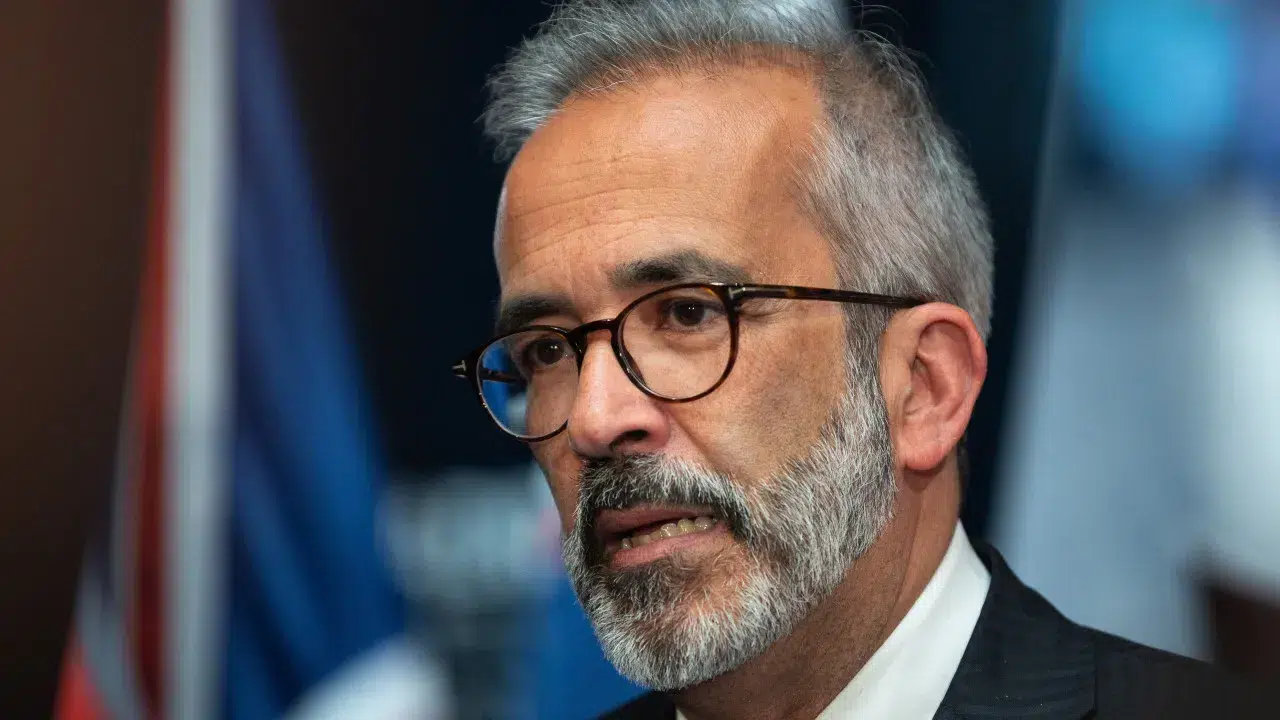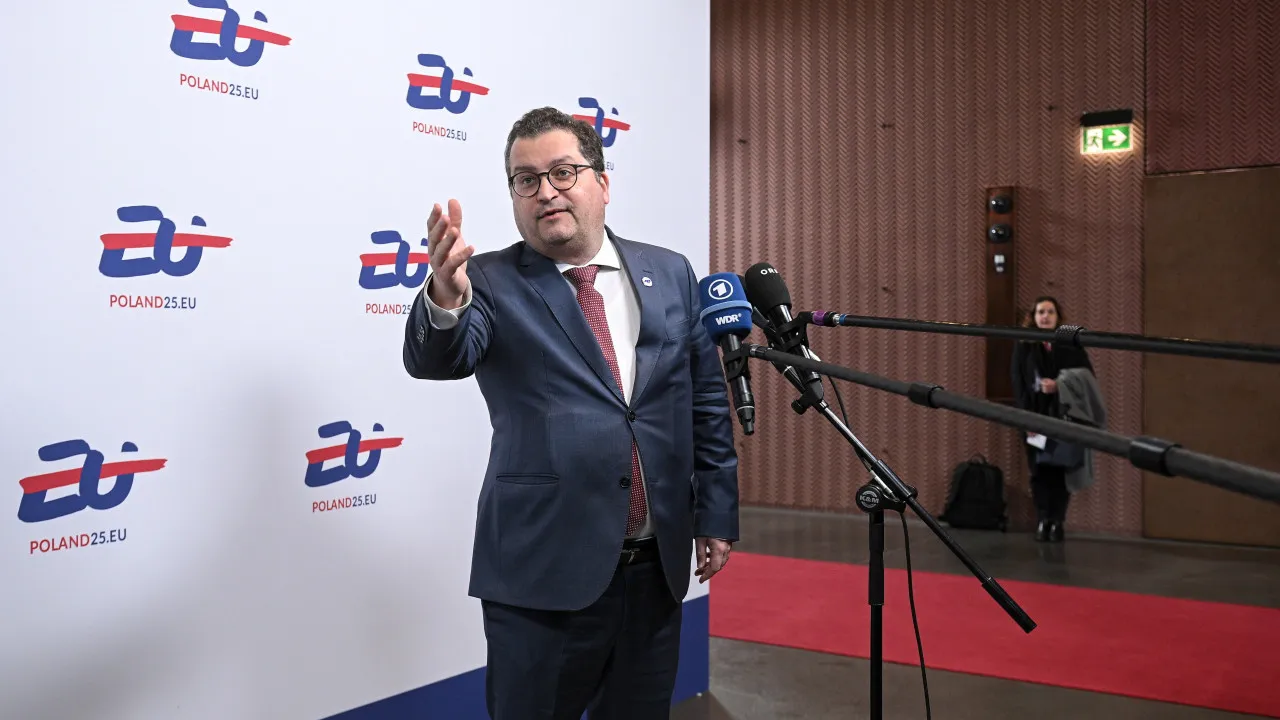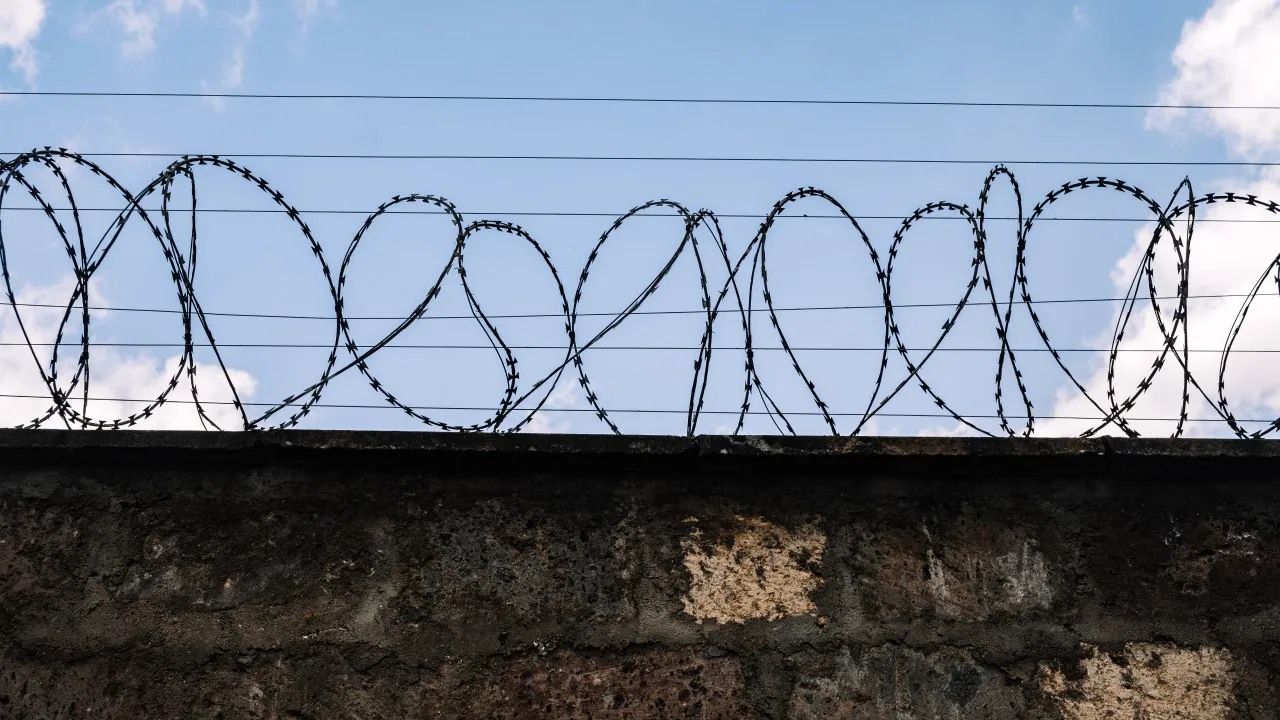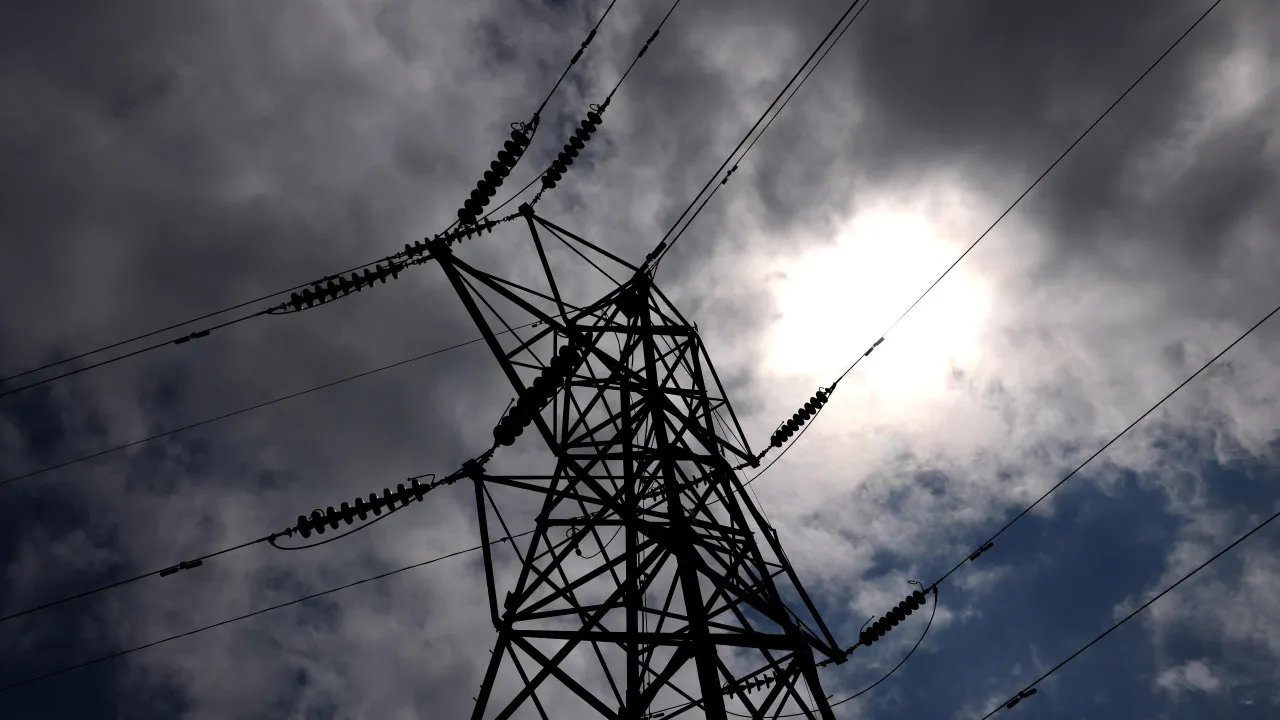More than 900 foreign citizens, including 59 unaccompanied minors, have asked Portugal for protection this year, the president of the Portuguese Council for Refugees (CPR) told Lusa.
“At this moment, there is an increase in the number of requests for international protection in Portugal, compared to last year. I can say that at this moment 939 requests have already been reported to CPR this year, including 59 unaccompanied minors,” said Mónica Farinha.
Last year, 2,136 requests for protection were submitted to the Portuguese authorities by foreign citizens who arrive at the borders or in Portuguese territory by their own means.

This year, the number should be the same or higher, according to the same official. “I’m referring to spontaneous requests for protection,” she stressed.
“Of course, Portugal, as a participant in the various solidarity mechanisms, also welcomes resettled refugees. It has also welcomed Afghan citizens, under the humanitarian evacuation regime, and continues to welcome citizens from Ukraine and citizens from humanitarian rescues and rescues in the Mediterranean,” said Mónica Farinha.
“I would say eventually, the same number, about 2,000, under the programmed movements. Still, these are numbers that for Portugal are high. They have an impact on reception, but they are not comparable to the numbers that other countries receive,” he added.
Forced movements accompany crises in the respective countries and the first choice falls on neighboring states.
According to the United Nations High Commissioner for Refugees (UNHCR), in 2022 the countries generating the most refugees were Syria, Ukraine, Afghanistan, Venezuela, South Sudan, and Myanmar, formerly Burma.
“These numbers, these countries, turn out not to be surprising, unfortunately, because we are talking about crisis situations and conflicts that have been prolonged and with no sign of resolution,” lamented Mónica Farinha.
“When we observe these countries and what is happening in these countries, then we end up having to follow all the impact that this has in terms of displacements and forced movements of refugees. Portugal already has a long history in registering protection,” argued the president of the CPR.
Refugees often use the same immigration routes and share with migrants the same need to escape and the same difficulties until they reach a safe situation, although the motivation is different, Mónica Farinha specified.
When they arrive in Portugal, they are faced with the same problems as nationals, housing and employment, along with the need to learn the language and, often, the prejudice of those who think that “Europe is being invaded,” warned the president of the CPR.
“In the case of refugees, decisions are made in very difficult contexts, the decision, to some extent, is forced,” he stressed.
In Portugal, there is a differentiation between the nationalities of spontaneous asylum seekers and those coming from planned movements. The latter usually follow nationalities from countries like Syria and Afghanistan. While in spontaneous applications, there are also citizens from Afghanistan, but also from Colombia, Gambia, Somalia, Pakistan and the Democratic Republic of Congo. “These are countries that face complicated situations in terms of human rights,” he recalled.








